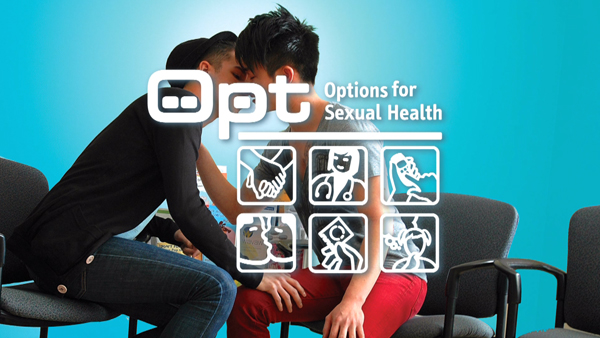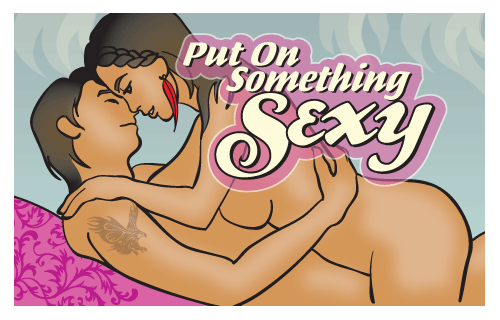October 11, 2011
Pap Awareness Week: Do you know if you need one?
By Michelle Reid
 Since I joined the LACE Campaign way back in February, I've talked to a lot of women about Paps- friends, family, strangers at parties, people on the bus. Since I joined the LACE Campaign way back in February, I've talked to a lot of women about Paps- friends, family, strangers at parties, people on the bus.
From all those conversations, I've learned that many women are confused about Pap tests- what they test for, why they're important, how they differ from other types of tests. With Pap Awareness Week only 12 days away, I thought it was time for a post. If you're not sure whether you need a Pap, read on! Then find your nearest clinic and plan to drop in.
- A Pap is not an STI test. A pap will only check for pre-cancerous changes to the cervix. It's a great time to ask your doctor about any other tests you might need, but Paps won't detect STIs- and STI tests won't detect cervical cancer.
- Even if you get the HPV vaccine, you still need a Pap. The HPV vaccine is a great way to lower your risk of cervical cancer, but you still need to get regular Paps. To learn more about the HPV vaccine, visit I Have Immunity.
- You should get a Pap if you've had any kind of sexual contact. Even if you've only had oral sex, or you've only had female partners, or you've only had one partner- you need a Pap test! Many women think they don't need Paps, but because HPV is so common and so easy to spread, you can't assume that. Likewise, even if you haven't had a new partner for several years, you still need to get regular Paps because cervical cancer can take years to develop.
- An abnormal Pap shouldn't scare you. Few abnormal Pap tests actually indicate cervical cancer. Often you will come back in six months for a follow-up test and it will be normal. But even if your abnormal Pap indicates pre-cancerous changes, early treatments have extremely high success rates. To learn more, visit the CCSP site.
- You don't need a family doctor to get a Pap. You can get one from a walk-in clinic any time of the year, or from any of our participating clinics during Pap Awareness Week! Paps are covered by MSP, so there is no extra charge.
- Mothers and grandmothers need Paps too. Regular Paps are recommended until at least age 69, and longer if you have had an abnormal result. If you're dropping into a clinic, take the older ladies in your life along!
Got more questions about Paps? Visit the CCSP Page, or contact me by email!
Tag(s): HPV, LACE campaign, Local Events and Parties
Recent Blogs by Michelle Reid:
|
 |
On March 28, 2012 at 07:12 AM Harry wrote:
It really denepds on what your pap diagnosis was, and what the colposcopy showed. Did they take a biopsy? Have you had a leep or laser treatment or a cone biopsy? Did they take a pap too? After the colposcopy, the results of the colposcopy, the pap, and any biopsies will be sent to the doctor that did the colposcopy. Your follow-up care should be with the colp clinic. Give the lab at least 2 weeks to get the results out (yes it does take that long) before you call the colp clinic. When your results are in, the doc will likely want to see you again to discuss diagnosis, treatment and follow-up. Do not skip out on your doc because you don't want to hear what they have to say.The treatment and care are up to the doctor. Ask lots of questions and be honest with the doc. Do not hide any symptoms from him/her.You're doing all the right things so far.
|
|


|


FROM RISK TO PLEASURE MANAGEMENT
This website & blog is a space to showcase our Sex Ed clients and reflect on our work and philosophy around sexual health and advertising. It's a portal to campaigns, but it's also an exploration of our process, as well as our beliefs around what works to promote safer sex, healthy relationships & sexual rights, and why we think the key to being effective is to address "the pleasure deficit" in sexual health education.
CHECK OUT THE ARTICLE ABOUT OUR CAMPAIGNS IN THE VANCOUVER COURIER!

|
|







